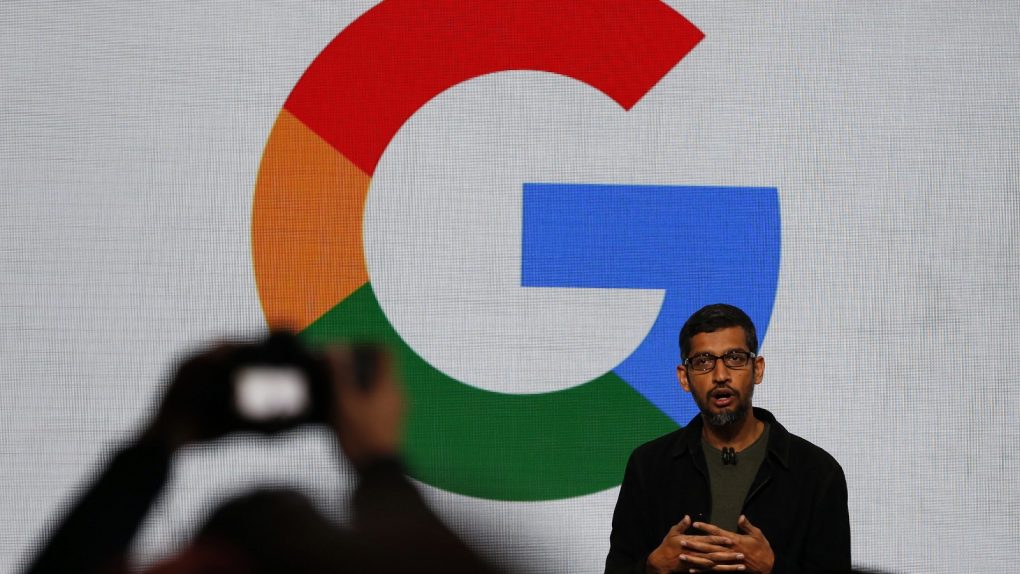Is the hardware honeymoon over at Google? That’s certainly one interpretation of reports that have emerged from within the company suggesting Google seems to be trimming its product portfolio, or is about to. This despite the fact that the tech giant has enjoyed some degree of hardware success thanks to products like its Pixel smartphones and smart speakers that compete against Amazon’s dominance in that market.
Nevertheless, Google has begun reassigning employees away from is tablet and laptop division. Business Insider cites “several people familiar with the matter” in a piece noting that dozens of Google hardware and technical program managers have been told to find new jobs with the company.
Those engineers work in Google’s “Create” unit that’s responsible for products like its Pixelbook laptop. There are a few different but related explanations given for the personnel shifts, with one source confirming Google had “a bunch of stuff in the works” before the decision to move employees away from the unit was made. Another source told BI the decision was a result of “roadmap cutbacks.”
If true, it’s certainly a dramatic about-face for a company whose hardware head — Rick Osterloh, hired from Motorola back in 2016 — said at the time that the company would be in the hardware business for the long term. Indeed, products like the Google Home speakers quickly seemed to be on an upswing and holding their own in the face of daunting competition from the likes of Amazon and its Alexa-powered speakers.
To be clear, the employee-shifting that’s been reported seems to be concentrated for now within Google’s tablet and laptop teams. There’s been no word yet of similarly reassigning workers out of other hardware areas such as those that are responsible for Google’s Pixel smartphone line or its wearable devices. That could be still to come, to be sure, with this first move serving as a precursor, but count us skeptical of that possibility.
We don’t have a precise count of how many Googlers are being reassigned within the company as a result of this move, nor a hard-and-fast signal on what this means for Google’s overall hardware ambitions. But it does seem to be a less-than-rosy sign.








